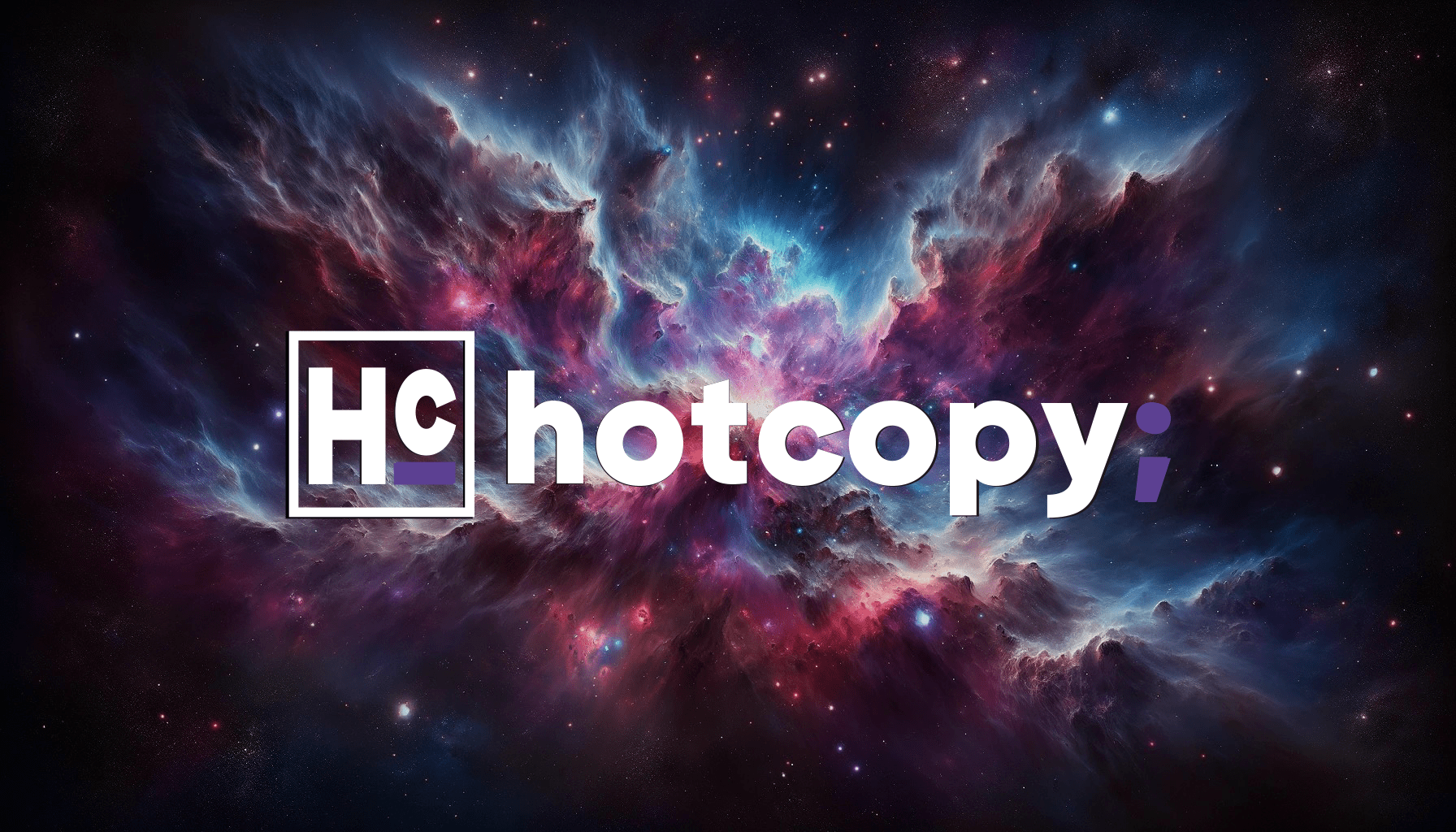Exploring the Capabilities of Generative AI - From Art to Code

Greetings, curious minds and tech enthusiasts! Today, let's delve into the captivating realm of generative AI and unravel its remarkable potential from creating breathtaking artworks to generating complex lines of code. This blog post aims to shed light on the revolutionary advancements in generative AI technology and how it is reshaping the way we perceive and interact with artificial intelligence. We will explore the incredible applications of generative AI in various creative fields, as well as its implications for the future of technology and innovation. Get ready to embark on a fascinating journey through the capabilities of generative AI and witness its transformation from art to code.
Key Takeaways:
- Limitless creativity: Generative AI can produce a wide range of artistic and coding outputs, pushing the boundaries of what is possible in both fields.
- Collaborative potential: By combining the expertise of human creators with the capabilities of generative AI, new forms of art and code can be developed, leading to innovative and groundbreaking work.
- Ethical considerations: As generative AI becomes more advanced, it is important to consider the ethical implications and potential misuse of this technology, striving for responsible and beneficial use in society.
Generative AI in the Art World
Now, let's explore how generative AI is making waves in the art world. From creating stunning pieces of art to collaborating with human artists, AI is changing the way we perceive and create art.
Brushes Down, Algorithms Up: AI-Powered Art
One of the most exciting developments in the art world is the use of generative AI to create original artworks. With the help of algorithms, AI can now generate paintings, sculptures, and other forms of visual art. Artists and technologists are exploring this new medium and pushing the boundaries of what is possible in the art world. The result is a fusion of human creativity and machine intelligence, producing stunning and thought-provoking pieces that challenge traditional notions of art.
The Artist and the AI: Collaboration and Controversy
Generative AI has also sparked a controversy in the art world as it blurs the line between human and machine creativity. Some artists see AI as a tool for collaboration, using its capabilities to enhance their own work. Others see it as a threat, fearing that AI will replace the need for human artists altogether. Despite the controversy, the collaboration between artists and AI has opened up exciting new possibilities for creative expression.
Controversy: While some embrace the collaboration between human artists and AI, others fear that it will replace the need for human creativity. However, the collaboration has opened up exciting new possibilities for creative expression in the art world.
Generative AI in Writing and Content Creation
Some of the most intriguing capabilities of generative AI come to light when it is used for writing and content creation. From generating blog posts to creating poetry, AI has proven its potential as a valuable tool for content creators and writers.
From Blog Posts to Poetry: AI as an Author
Writing has always been a human endeavor, but with the advancement of generative AI, we are witnessing a shift in the dynamics of authorship. AI algorithms are now capable of generating blog posts, articles, and even poetry with remarkable fluency and creativity. This technology is not meant to replace human authors, but to augment their capabilities and provide new avenues for creative expression.
The Future of Journalism: Co-Writing with AI
CoWritingThe implications of generative AI on journalism are equally fascinating. Imagine journalists collaborating with AI to create compelling, data-driven articles in a fraction of the time it would take otherwise. This concept of co-writing with AI is not just a distant possibility - it is already being explored by leading media organizations.
Authors are poised to benefit from the assistance of AI in producing high-quality content efficiently, but it also raises concerns about the ethics and accuracy of AI-generated content.
Generative AI in Software Development
Unlike traditional software development, generative AI is making significant strides in revolutionizing the development process. From code creation to bug fixes and optimization, the capabilities of generative AI in the software development industry are truly remarkable.
Code Creation with AI: Changing the Developer's Role
Changing the way developers approach coding, generative AI is effectively altering the developer's role by automating certain aspects of code creation. This allows developers to focus more on the strategic and creative aspects of software development, leading to innovative and efficient solutions.
AI-Powered Bug Fixes and Code Optimization
Optimization of code and bug fixes is an essential part of software development, and generative AI is playing a significant role in automating and streamlining this process. By leveraging AI-powered tools, developers can quickly identify and resolve bugs, as well as optimize their code for enhanced performance.
It is truly remarkable to witness the impact of generative AI in software development, as it is changing the way developers approach coding and significantly improving the process of bug fixes and code optimization. With the potential to enhance efficiency and productivity, the integration of generative AI in software development is undoubtedly a game-changer.
The Ethical and Social Implications of Generative AI
Despite the incredible capabilities of generative AI, there are also ethical and social implications that come with its use. As we delve deeper into the world of AI creativity, it's important to consider how it impacts our society and the moral questions it raises.
Navigating the Moral Maze: AI and Originality
For many, the idea of AI creating original works of art or writing raises questions about the concept of originality. Can AI truly be original, or is it simply regurgitating information it has been fed? This moral dilemma is a key consideration when exploring the capabilities of generative AI.
Furthermore, the potential for AI to infringe on copyright and intellectual property rights is a concern. As AI becomes more advanced, it's important to address the ethical implications of its ability to mimic and potentially replicate the work of human creators.
Living with AI: How Generative AI Shapes Our World
Moral and ethical considerations aside, the impact of generative AI on our daily lives is undeniable. From personalized content recommendations to AI-generated music and art, the ways in which AI shapes our world are constantly evolving. As we integrate this technology into our lives, it's important to critically examine the implications it has on our society and culture.
Originality is a major point of concern, as AI blurs the lines between human creativity and machine-generated content. The potential for AI to mimic human expression and create original works raises questions about artistic integrity and the future of creative industries. How do we navigate these new waters while preserving the essence of human creativity?
Exploring the Capabilities of Generative AI - From Art to Code
From above, it is clear that generative AI has immense potential when it comes to creating art and generating code. The ability of these systems to mimic and even surpass human creativity is truly fascinating. As we continue to explore and understand the capabilities of generative AI, we can expect to see its impact in a wide range of fields, from graphic design and music composition to software development and data analysis. It's an exciting time to be at the forefront of this technology, and there is no doubt that it will continue to revolutionize the way we approach creative and technical tasks.


